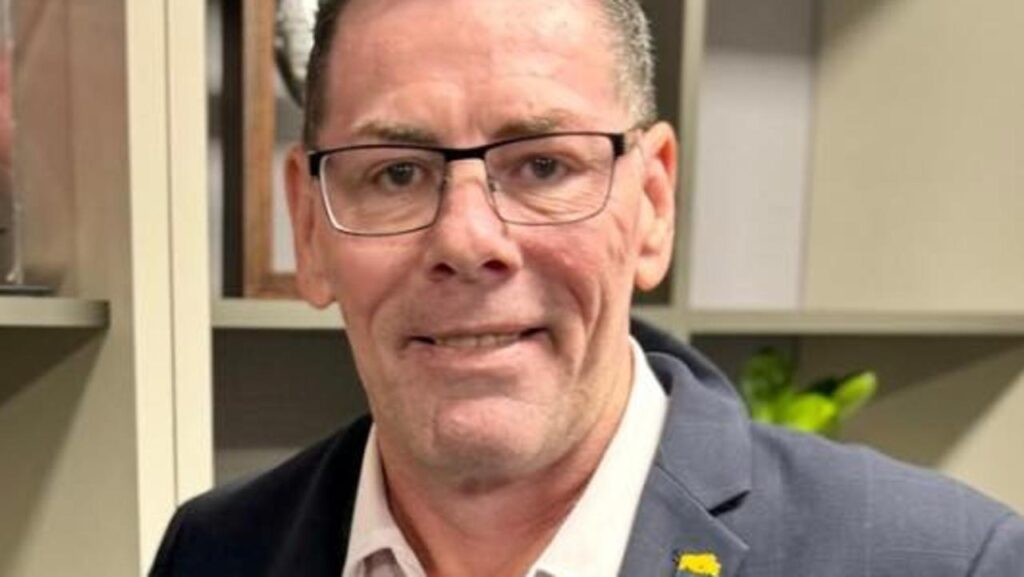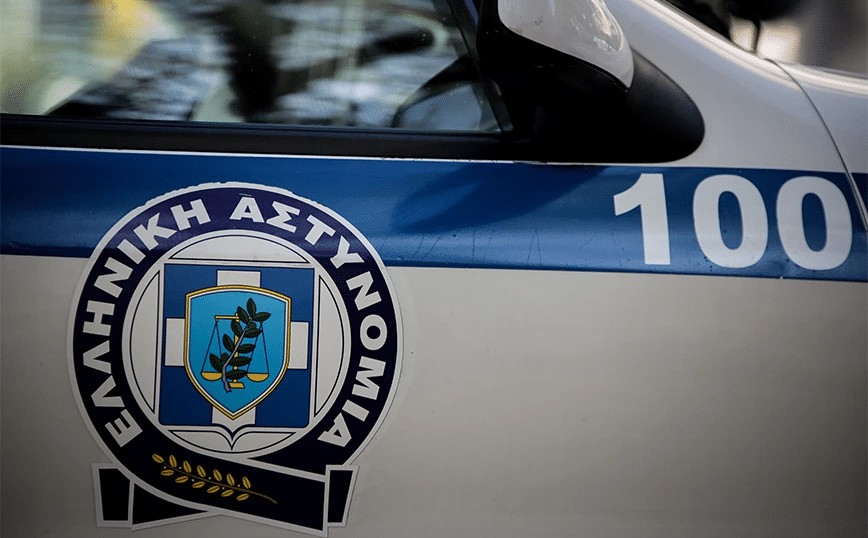Slain cops ambushed during ‘routine’ job: court
Written by admin on August 5, 2024
The four constables who walked into a fatal ambush were appropriately carrying out a “routine” job moments before they were gunned down on a rural property in Queensland, an inquest has been told.
The second week of a coronial inquest into the murders of constables Rachel McCrow and Matthew Arnold, neighbour Alan Dare and the shooting deaths of former school principal Nathaniel, Gareth and Stacey Train continued on Monday.
The two constables were killed within minutes of jumping the locked gate at 251 Wains Rd in Wieambilla on December 12, 2022.
The two Tara-based officers arrived with constables Randall Kirk and Keely Brough before they were ambushed by brothers Gareth and Nathaniel Train while conducting a missing persons inquiry for Nathaniel.
The two brothers and Gareth’s wife, Stacey, had prescribed to an extremist Christian ideology known as “premillennialism” and carried out their religiously motivated terrorist attack by firing at police in a bid to kill as many officers as they could.
The Train’s neighbour, Alan Dare, was also killed when he went to investigate after seeing black smoke billowing from the property.
Police acted appropriately
Queensland Police Service training operations co-ordinator, Senior Sergeant Tracy Bailey, told the inquest on Monday she had found the four constables had acted appropriately in the lead up to the fatal ambush.
“There is nothing in it that would have indicated that it would move to a high risk job,” Sergeant Bailey said.
“Just from the minimal flags, it was just a missing persons job. It seemed very routine.”
She agreed when asked whether officers with more experience than the four constables on duty that day would have acted in the same manner in approaching the job assigned to them.
“It’s not uncommon for multiple crews to attend different jobs,” Sergeant Bailey said.
“I’m aware previous attempts to attend and speak to the occupants (at 251 Wains Rd) had been done (including) calling cards with no response.
“There’s many areas where gates are locked.
“Jumping the fence to move forward to the dwelling is appropriate.
“While the flags are present, it just assists the attending police officers in their assessment.
“(Carrying out) an arrest warrant – police would attend those jobs every day.”
Sergeant Bailey said the task as it was known to the four constables at the time would not have required them to take a rifle to the property.
“The use of a rifle needs to meet certain criteria,” she said.
“None of those factors deemed it appropriate given they were attending a missing person job.
“(Taking a rifle) may even escalate the situation … if a sworn officer was coming at them (a civilian) with a rifle, they may react different.”
The right decision made
During the ambush, Constables Kirk and Brough were able to rush to safety, with Constable Kirk fleeing the scene in his car and Constable Brough being rescued by an extraction team about two hours after the siege.
Sergeant Bailey said the actions of Constables Kirk and Brough in the minutes and hours after they were ambushed were appropriate.
“The officers had no knowledge of that rural setting, they don’t even know where the house is at this stage,” she said.
“There was two of them but neither knew the whereabouts of the other at that stage.
“So at that point, they were really just on their own.
“It was necessary for their own preservation at first and then to be able to reassess the situation.
“In my opinion, it would be very unlikely that (Constable Kirk) would have been able to assist those officers (Constable Arnold and McCrow) without putting himself in significant risk and without very limited points of cover … and not knowing where those offenders are.”
She also said the actions of the extraction team were also appropriate.
The inquest was told the extraction team was “unaware of the condition” of Constables McCrow and Arnold until they reached them during the extraction.
Sergeant Bailey said the team also followed protocol in moving past the body of Mr Dare in order to get to the two constables, whose conditions were still unknown at that point.
Extra information could have changed risk assessment
Sergeant Bailey said additional information may have changed the four constables risk assessment but at the time they could only rely on what they knew.
“When you think of a school principal, you think of an honest good person and whether that played into their risk assessment, I can’t comment on,” she said.
The inquest heard Gareth was known to be in possession of unregistered firearms, that he was paranoid and that he had a dislike of police.
More Coverage
Barrister Gavin Handran questioned whether that additional information, which was known to NSW police and some that was known to someone “close to” Gareth, would “make any difference” for how the four constables responded to the job.
“So if you were to assume that … they also knew that (Gareth) had a history of unlicensed firearms of the kind that I’ve identified, that they were kept in a secret storage compartment, that he was regarded, at least by someone close to him, who knew that information, as someone who was incredibly dangerous, and that if police attended that day, it would only result in death and harm, and that he (Gareth) knew that a missing persons report had been made (about Nathaniel) and had conveyed that he was waiting for the police with an eye open,” Mr Handran said.
Sergeant Bailey replied: “It may have”.
Read related topics:Brisbane







